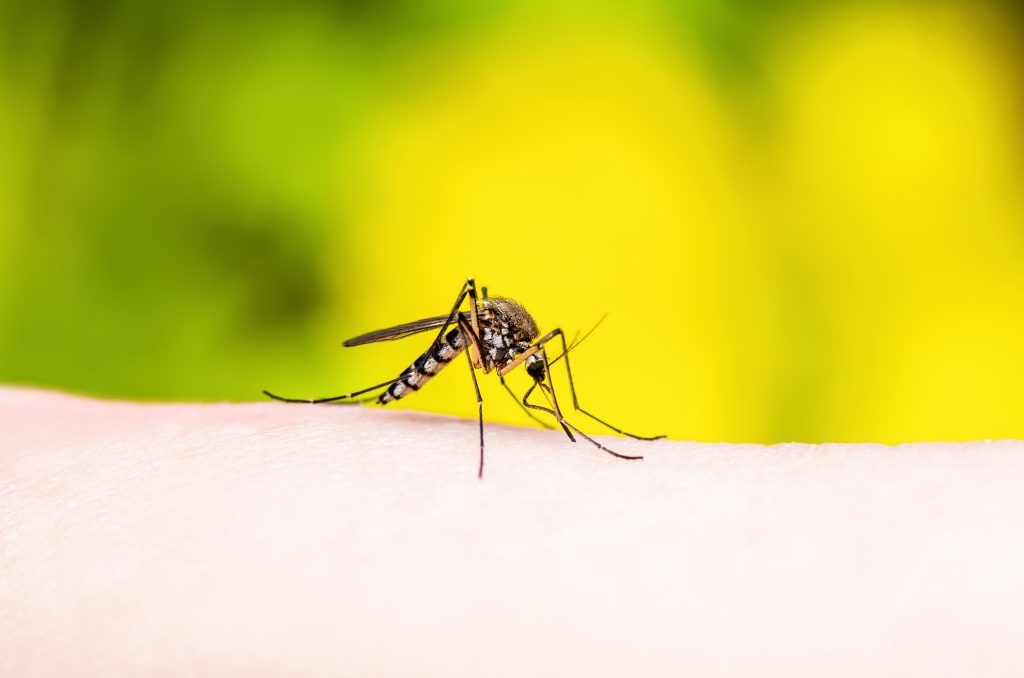Tift Mosquito Pool Tests Positive For West Nile
Posted: June 28, 2022 by Kristin Patten
Category: Uncategorized
Bite Prevention Critical During Summer Months

TIFTON – A mosquito pool in Tift County has tested positive for West Nile Virus and the Georgia Department of Public Health’s South Health District wants to remind all South Georgians that the best way to avoid mosquito-borne illnesses is through bite prevention.
The presence of mosquito-borne illnesses within an area is often identified through testing of mosquito pools, as is the case in this instance. This is the first positive pool identified in Tift County this season.
Most mosquito-borne illnesses are transmitted to humans and animals through the bite of an infected mosquito which is why prevention is the key to avoiding illness.
Tips to prevent mosquito bites are:
- Use insect repellent containing DEET, picardin, IR3535 or oil of lemon eucalyptus on exposed skin and/or clothing.
- Wear long sleeves and pants when weather permits.
- Have secure, intact screens on windows and doors to keep mosquitoes out.
- Eliminate mosquito breeding sites by emptying standing water from flowerpots, buckets, barrels, wading pools and other containers. Drill holes in tire swings so water drains out.
- Be sure to use repellent and wear protective clothing from dusk to dawn or consider indoor activities during these times due to peak mosquito biting hours.
“The best protection against mosquito-borne illnesses is to avoid being bitten by mosquitos,” said Chris Calhoun, district Environmental Health Director. “Take precautions like wearing bug repellent and avoiding going outside during peak mosquito times. We also recommend to ‘tip and toss’ any standing water on your property. Standing water is a breeding ground for mosquitos.”
Although there is no vaccine for humans to prevent West Nile Virus, there are vaccines available for horses. Consult with your veterinarian to have your horse(s) vaccinated as early as possible.
For more information on mosquito borne illnesses visit the Centers for Disease Control and Prevention’s website at www.cdc.gov.


